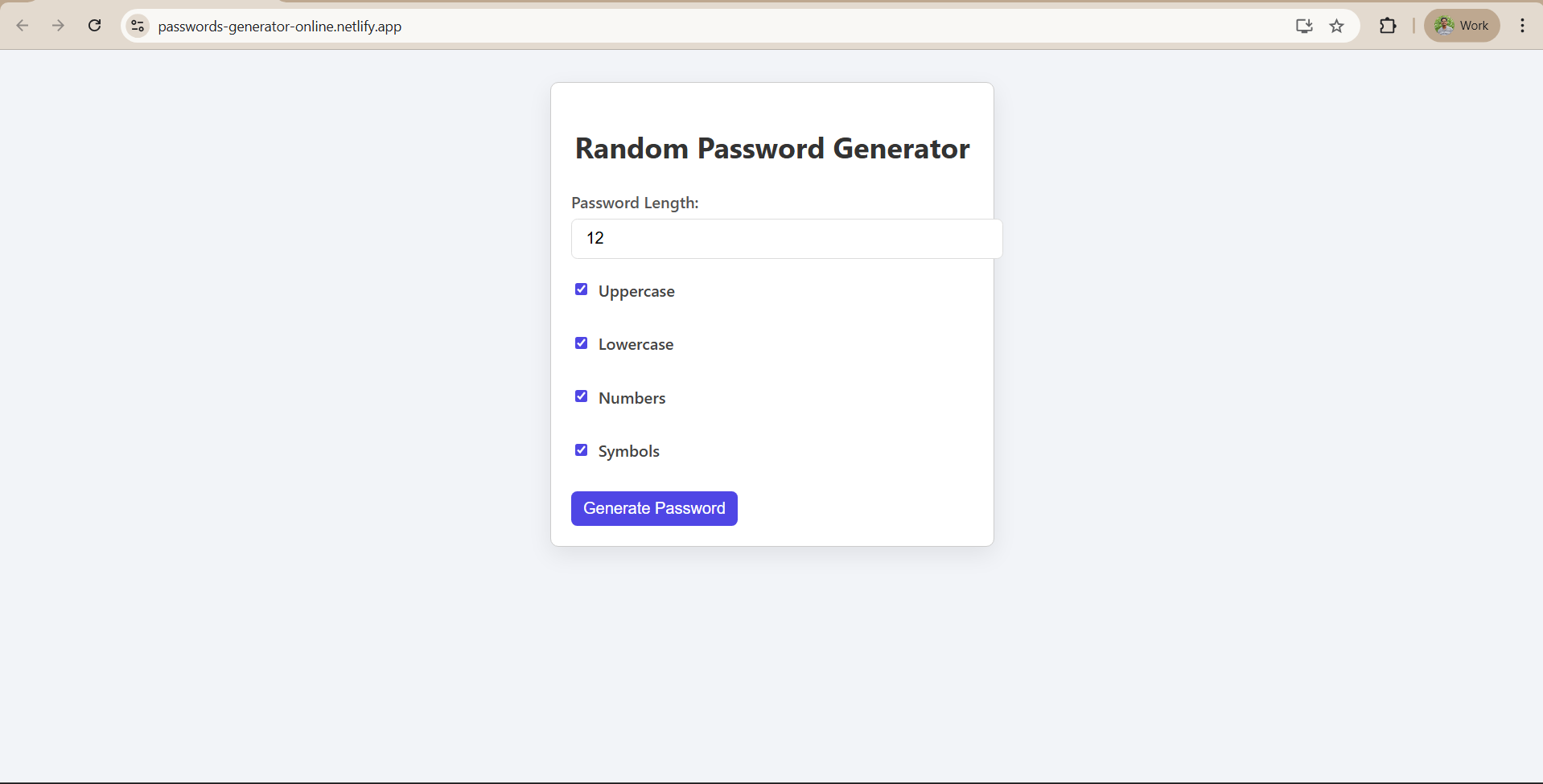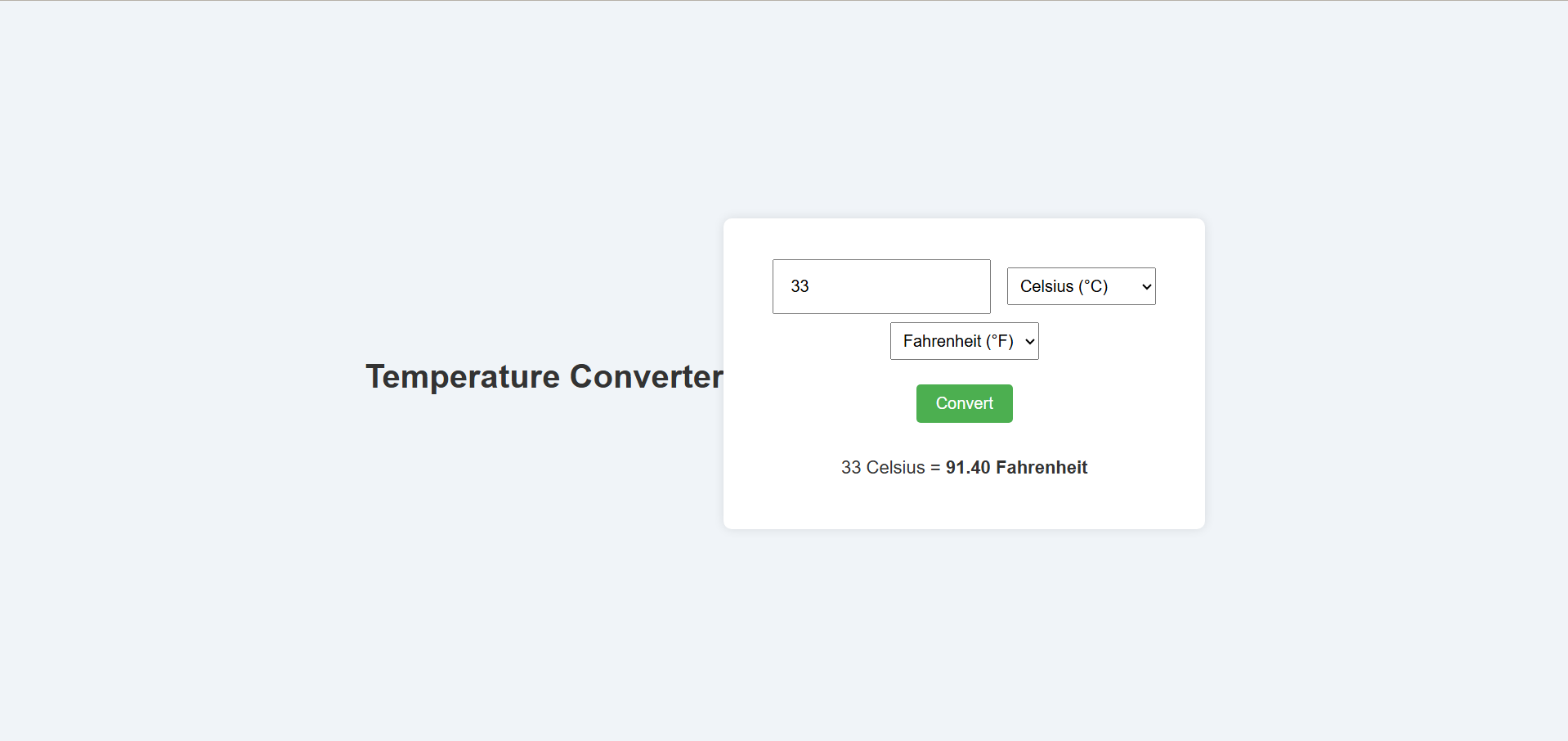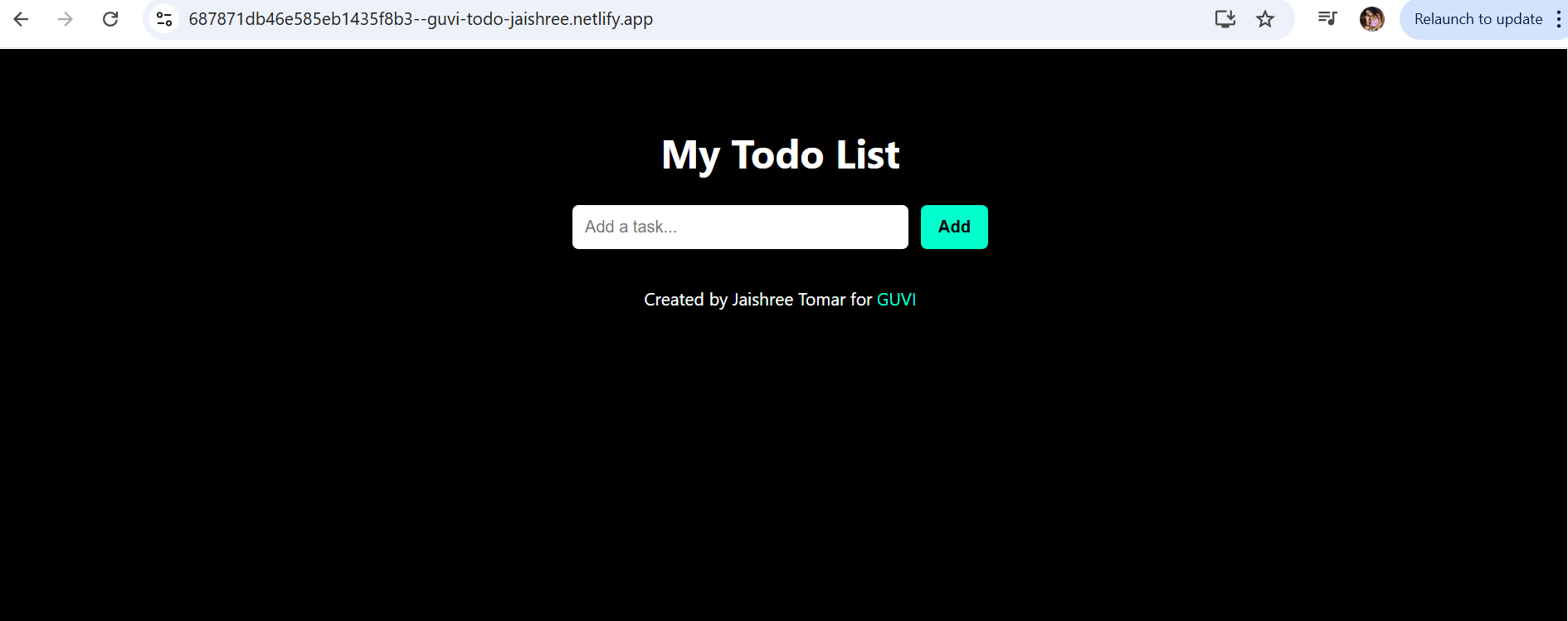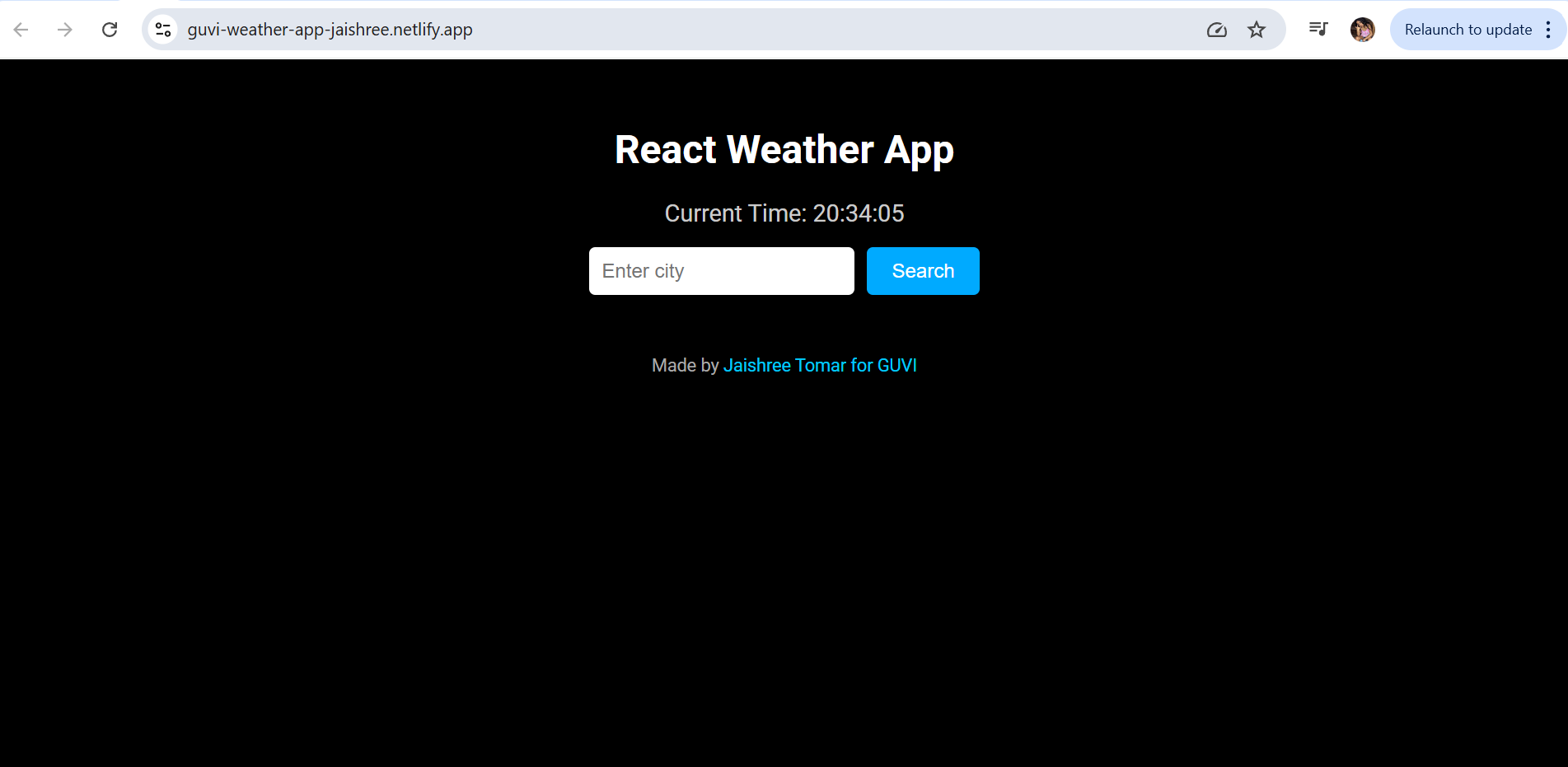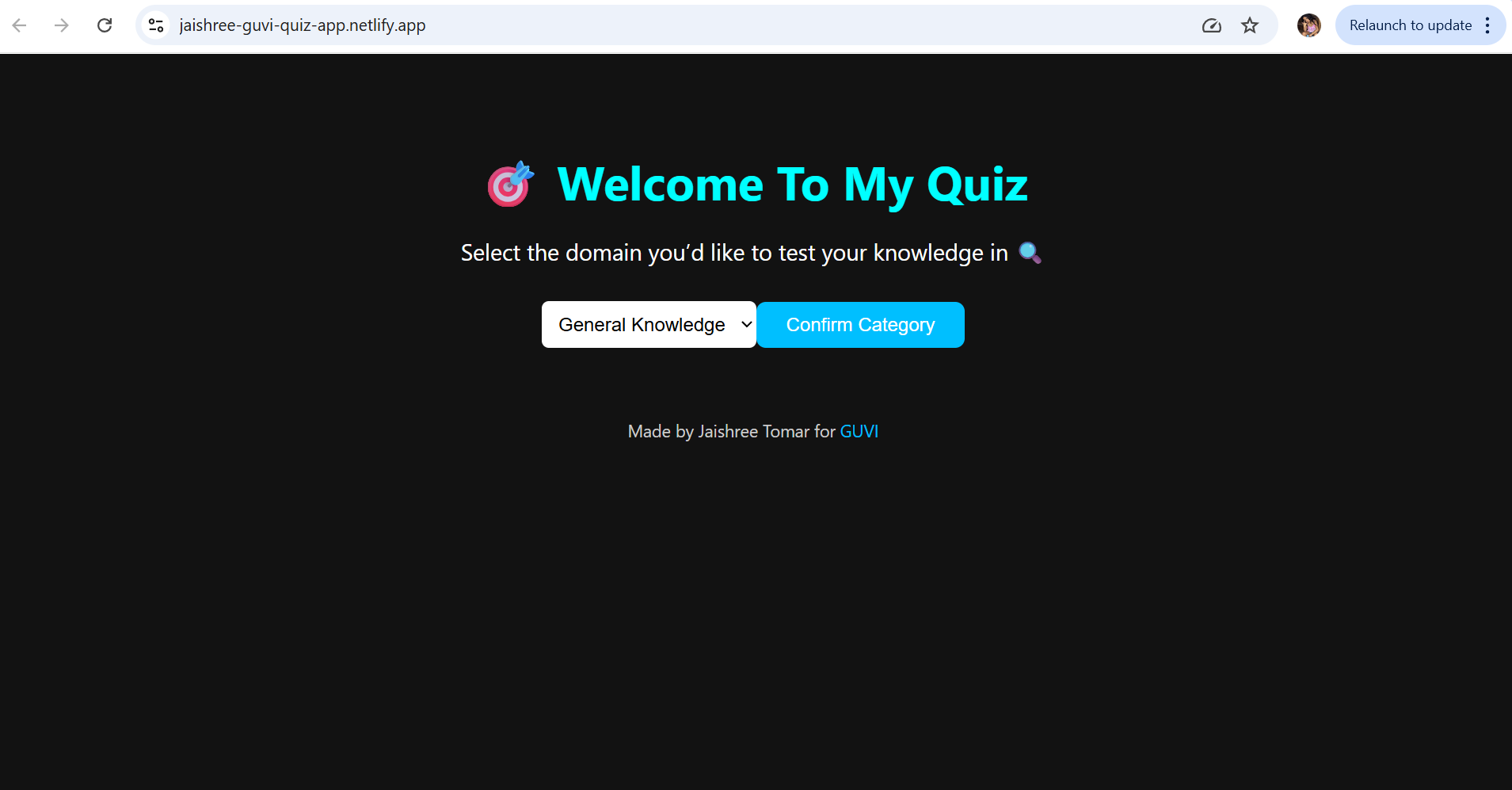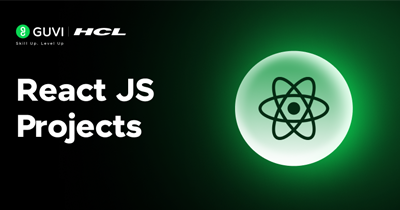User Input and Output of Numbers in Cpp
User Input and Output of Numbers in C++
A. Input and output streams in C++ (cin, cout)
C++ provides input and output streams for reading and writing data.
cin is the standard input stream used for reading input from the user.
cout is the standard output stream used for printing output to the console.
B. Reading and writing integer and floating-point numbers
To read an integer from the user, you can use cin with the extraction operator (>>).
To read a floating-point number, you can use cin similarly.
To write an integer or floating-point number, you can use cout with the insertion operator (<<).
C. Formatting output using manipulators
Manipulators are used to format the output of numbers in C++.
The <iomanip> header provides various manipulators for formatting output, such as setw for setting the width of the output field, and setprecision for setting the precision of floating-point numbers.
Handling Errors with Numbers in C++
A. Overflow and underflow
Overflow occurs when a value exceeds the maximum representable value for its data type.
Underflow occurs when a value becomes smaller than the minimum representable value for its data type.
To handle overflow and underflow, you can check for these conditions before performing arithmetic operations or use appropriate data types that can handle larger ranges of values.
B. Checking for division by zero
Division by zero is an undefined behavior and can lead to runtime errors or unexpected results.
To avoid division by zero errors, you can check if the divisor is zero before performing the division operation and handle it appropriately, such as displaying an error message or taking alternative actions.
C. Handling invalid input
When accepting input from the user, it is important to handle cases where the input is not valid for the expected data type.
You can use techniques like input validation loops or conditional statements to check the validity of the input and prompt the user for valid input if it is invalid.
Additionally, you can provide informative error messages to guide the user in providing correct input.
Examples and Applications
A. Simple calculator program
A simple calculator program can perform basic arithmetic operations based on user input.
It can prompt the user for two numbers and an operator, and then calculate and display the result.
The program can include error handling for invalid input or division by zero.
B. Conversion between different number systems (e.g., decimal to binary)
A program can take a decimal number as input and convert it to its binary representation.
It can use division and remainder operations to perform the conversion.
The program can display the binary representation to the user.
Example:
#include <iostream>
int main() {
int decimal, quotient;
std::string binary = "";
std::cout << "Enter a decimal number: ";
std::cin>> decimal;
quotient = decimal;
while (quotient > 0) {
int remainder = quotient % 2;
binary= std::to_string (remainder) + binary;
quotient /= 2;
}
std::cout << "Binary representation: " << binary << std::endl;
return 0;
}C. Finding prime numbers
A program can find prime numbers within a given range or determine whether a specific number is prime.
It can use techniques like trial division or the Sieve of Eratosthenes to identify prime numbers.
The program can display the prime numbers or provide feedback on whether a number is prime or not.
D. Solving mathematical problems using C++
C++ can be used to solve various mathematical problems, such as equations, numerical integration, or simulations.
Programs can utilize mathematical formulas, algorithms, and libraries to tackle these problems.
The solutions can involve user input, calculations, and displaying the results.
A solid understanding of numbers in C++ allows developers to build efficient, accurate, and reliable programs that involve numerical calculations and mathematical operations.











